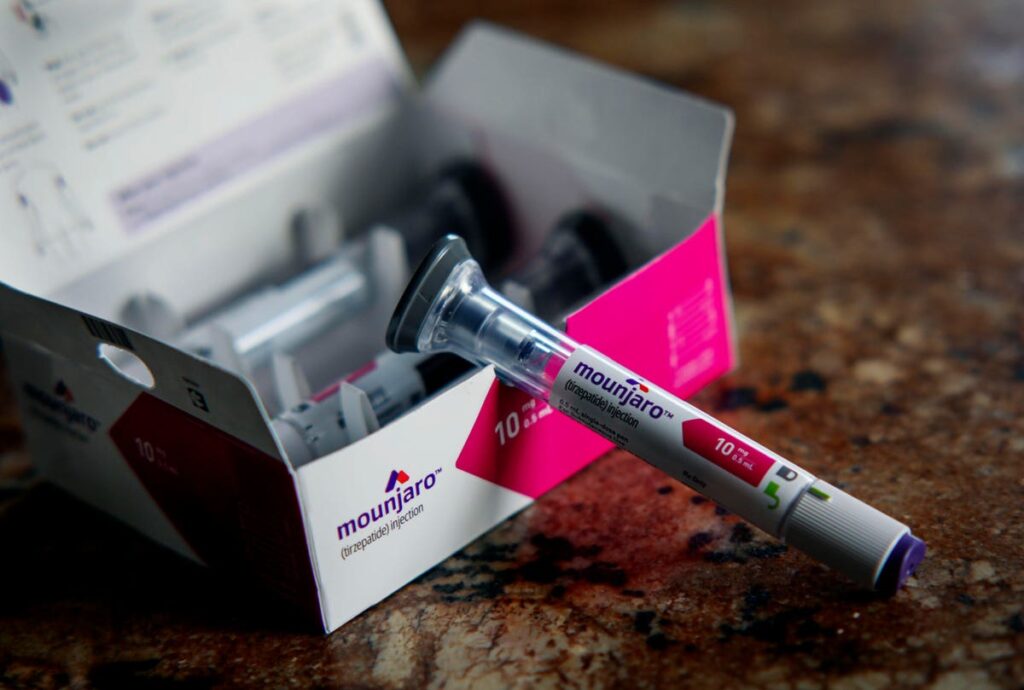Mounjaro injection pen on display in Carlsbad, CA on Wednesday, November 30, 2022. (Photo by Sandy … [+]
British officials are not convinced Eli Lilly’s type two diabetes and weight loss drug Mounjaro is good value for money.
The drug has been authorized for diabetes treatment in the U.K. since last year, but this decision means it won’t be widely available through the country’s public health system for now.
Most patients access drugs in the U.K. via the National Health Service (NHS).
The National Institute for Health and Care Excellence (NICE) — which asseses whether or not treatments are worth offering publicly — says it won’t recommend the drug be provided on the NHS without further evidence.
A potential alternative to Novo Nordisk’s Ozempic and Wegovy (semaglutide), the drug is used to help lower glucose levels alongside diet and exercise.
Experts want Eli Lilly to provide more data on the possible long-term benefits of Mounjaro — for example, if it may help prevent diabetes complications.
NICE experts recognized that the drug — known generically as tirzepatide — produced better results than both semaglutide and insulin therapy for weight loss and glucose control in clinical trials. But the institute pointed to “uncertainties” in the drug’s performance compared to “all relevant alternative treatments.”
The body is holding off on deciding if the drug is cost-effective until it has more information.
NICE director of medicines evaluation Helen Knight said “new treatment options” were needed to help people with type two diabetes balance their blood sugar levels as the disease becomes more common.
“Our committee can see the promise in tirzepatide but it requires more evidence to be able to evaluate both its clinical and cost effectiveness,” she said in a statement.
“We look forward to working with [Eli Lilly] to ensure our committee receives the evidence it has requested so at their next meeting they can fully understand the benefits and the value of this new treatment option.”
Given as a weekly injection, Mounjaro is approved as a diabetes treatment in the U.S. The Food and Drug Administration is currently deciding whether to approve it for weight loss as well.
It’s one of a wave of medication some experts think could help tackle the obesity epidemic.
Obesity is associated with a wide range of health issues, so it is hoped that weight loss drugs could have an impact on the prevalance of everything from heart disease to stroke — and their cost to the public purse.
The British government is betting on this kind of medication, with Prime Minister Rishi Sunak announcing a £40m ($50.5m) pilot scheme to improve access to Wegovy.
Prominent on social media, some of the drugs have faced supply issues in the U.S. and beyond as consumer demand has spiked.
The drugs themselves are not perfect, and may produce side effects. Semaglutide, for example, can cause nausea, diahrrea, tiredness and headaches. It’s also not clear exactly when is best to stop using the drugs.
Some people using semaglutide regained much of the weight they lost on the drug in a matter of months, according to a study published in the journal Diabetes, Obesity and Metabolism.


